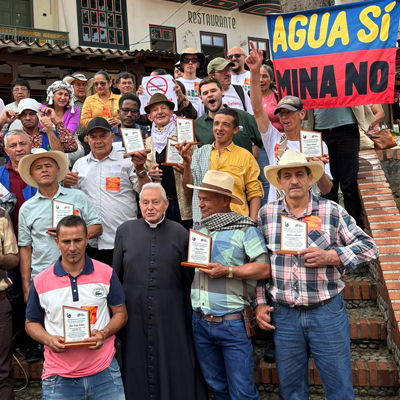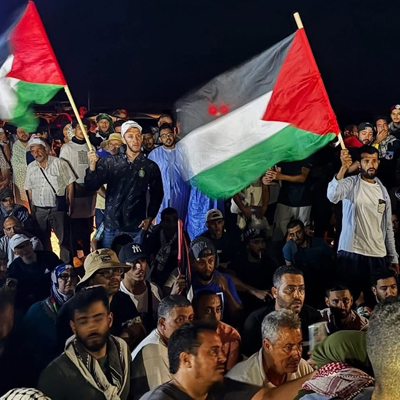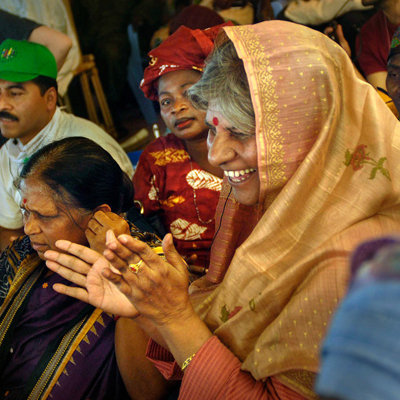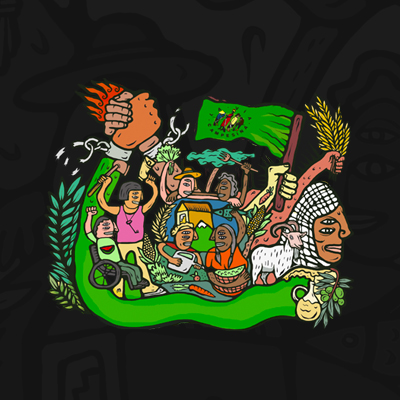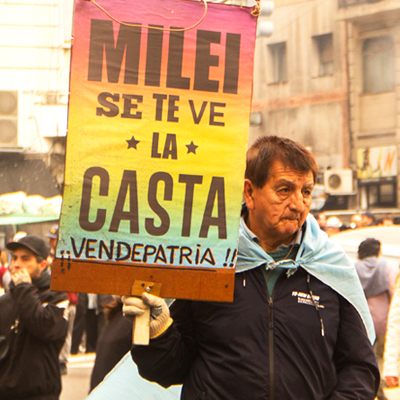
Voices are Action #5
On this episode of Voices are Action, we discuss three central issues: 1) From 12 to 16 November, the Peoples' Summit will be held in the Brazilian city of Belém, in the state of Pará, in the Amazon. This summit is the response of social movements around the world to a new edition of the UN Climate Change Conference -COP30-,…



